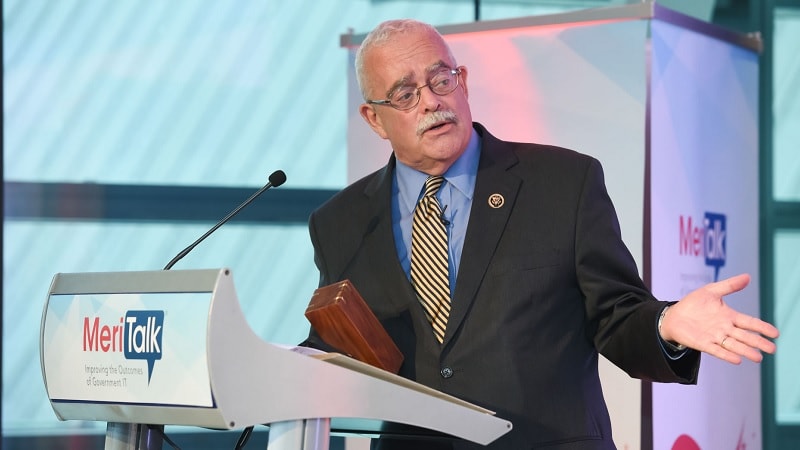
Two senior House members with key government oversight roles are requesting access to transcribed interviews of talks that officials from several Federal agencies have had related to the Trump administration’s proposed elimination of the Office of Personnel Management (OPM).
That request came from Rep. Gerry Connolly, D-Va., chairman of the House Government Operations Subcommittee, and Rep. Carolyn Maloney, D-N.Y., chairwoman of the House Oversight and Reform Committee, as part of a continuing probe of the OPM elimination proposal. They seek transcribed interviews with officials from OPM, the Office of Management and Budget (OMB), and the General Services Administration (GSA).
The House members said they want to review the transcripts to see if Congress was misled when GSA Administrator Emily Murphy, GSA General Counsel Jack St. John, Acting Director of OPM Michael Rigas, OMB Senior Adviser Stephen Billy, and OPM General Counsel Mark Robbins testified about the White House’s plans to shutter OPM.
A watchdog group called the Project on Government Oversight, obtained a copy of notes from a April 2019 conference call in which the head of the Office of Legal Counsel (OLC) at the Department of Justice (DOJ) was said to have advised OPM, GSA, and OMB attorneys that they didn’t have legal authority to eliminate OPM.
“This OLC legal opinion apparently was rendered months before two hearings before the Subcommittee in which OPM and OMB officials were asked explicitly for any legal advice they received regarding the proposed elimination of OPM,” Reps. Connolly and Maloney wrote to the officials. “This new information raises questions about whether former Deputy Director of Management of OMB and former Acting Director of OPM Margaret Weichert, as well as then-OPM Deputy Chief of Staff Stephen Billy, misled Congress when they concealed this meeting, this legal advice, and these notes.”
Dating back to July 2019, Rep. Connolly has expressed concern over the impact on Federal IT that a merger of GSA and OPM might have, and arguing that needing modernized technology isn’t a valid reason to merge the two organizations.
“The idea that your IT is vulnerable and not very efficient is a rationale for abolishing an agency would threaten a lot of other Federal agencies. We can’t accept that rationale,” Connolly said at the time.
